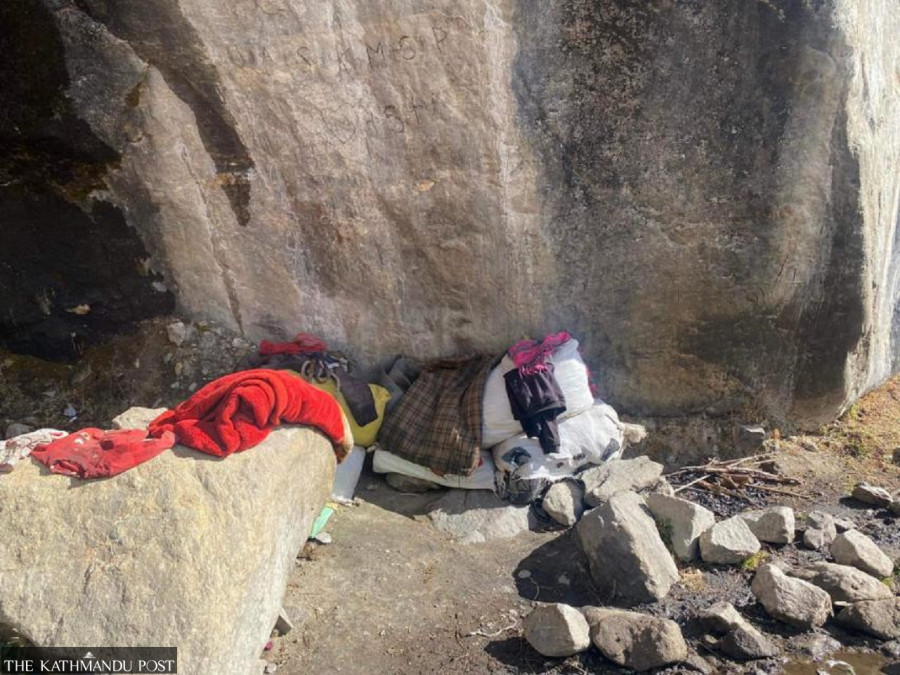Editorial
Dismantling Chhaupadi mindset
The only effective measure would be educating people to abolish this abhorrent tradition.
The practice of secluding menstruating women in makeshift huts is still prevalent in Nepal, particularly in its remote western region. While the issue is at the core of ill treatment of women in general, the practice has debilitatingly affected disabled women who are forced into isolation. Even though the government has declared the custom illegal and imposed strict penalties on anyone making women adhere to Chhaupadi forcefully, little change has been observed in the villages when period should be considered a part of a woman’s natural biological cycle.
The problems that menstruating women face haven’t been missed over the past few decades. But perhaps the issue concerning disabled women has somewhat been in the shadows. Disabled women who would otherwise need constant care and attention from their family members are left to suffer the plight in silence without any assistance. Virtually untouchable during menstruation, most disabled women and girls are left to manage on their own, and many succumb to the harsh conditions—such is the plight of women in a country where some dare to opine on the progressive steps taken towards women empowerment.
Another cause for concern is the incidence of sexual attacks, particularly on disabled women. Being disabled and left unsupervised during menstruation leaves them open to attacks from sexual predators. Unable to defend themselves, they are more vulnerable to sexual crimes than those without disabilities. According to a report by the National Federation of the Disabled, 67 percent of women with disabilities are victims of violence. The Chhaupadi practise only exacerbates the problem further.
It may be convenient to overlook the psychological scar that comes with being banished, in some cases, to a livestock shed every once in a while, but surely, the physical hardships and threat to life should instil better sense in society to end this evil practice. According to a study conducted by the National Human Rights Commission in 2018, at least 15 women have lost their lives since 2005 while living in makeshift Chhau sheds. Without any meaningful help, menstruating women’s lives come under constant threat.
While the government has made efforts to eliminate the practice of seclusion by dismantling the existing Chhaupadi sheds, this has led to far more anguish for women and girls who, regardless, are made to continue the tradition of seclusion. Perhaps the only effective measure would be educating people to abolish this abhorrent tradition. Dismantling the menstruating sheds only seems to encourage ultra-conservatives to continue with their defiance. While laws and penalties may aid in deterring abuse, nothing is as sure as making people realise the evil inherent within this practice of Chhaupadi, which should enable them to take steps to put an end to it.




 13.12°C Kathmandu
13.12°C Kathmandu














